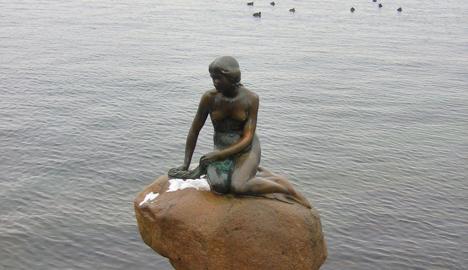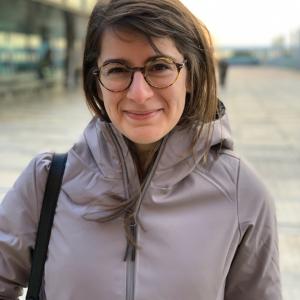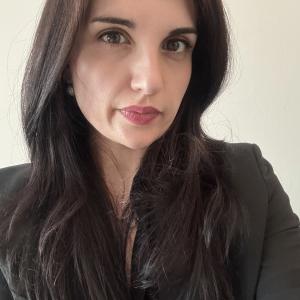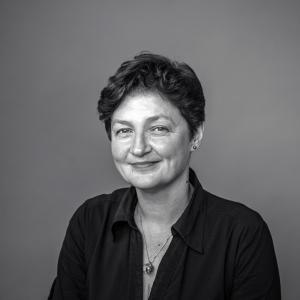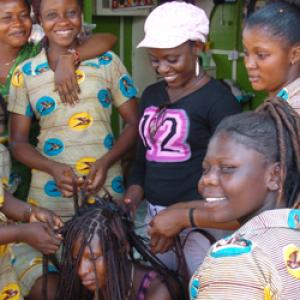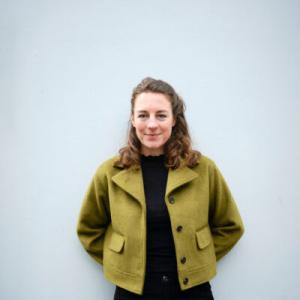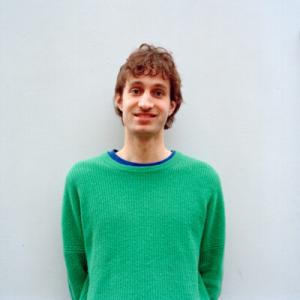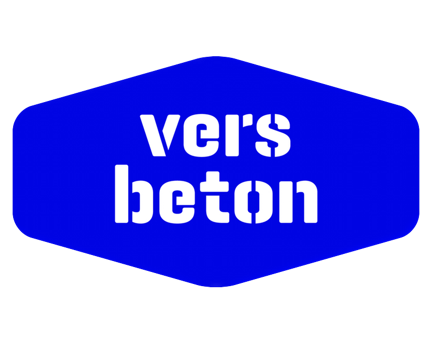While national and European authorities are slowly trying to address the issue with bans and regulations, local communities are suffering from the physical and psychological consequences of the "forever chemicals". The project looks at the solutions that local communities, producers, NGOs and researchers came up with, creating a connection between three different areas of Europe.
Czech Republic
PFAS have already existed for many decades, yet the Czech government and other institutions are starting to take notice to the danger, thanks to the EU directives. Research has proven that PFAS can be detected not only in the natural environment, but also in human blood and breast milk. The journalists tried to reveal the true extent of the problem and identified major risks and sources of PFAS for people: water, fast food packaging and fish.
Since the beginning of 2024, Czech water operators have a duty to monitor and report levels of PFAS in drinking water. According to the data provided to Ekonews by the ministry of health, the results are so far relatively positive, with levels of PFAS below the required limits. But scientists argue that these limits are terribly generous and water utility companies will have to prepare for stricter demands that will inevitably come in the future. There are companies, which are offering solutions and techniques to rid the water of PFAS, such as Photon Water.
Italy
In Italy, the Veneto region has been the most affected by PFAS pollution, the so-called "forever chemicals". In the past decades, the Miteni factory in Trissino has contaminated water resources for a vast area where more than 350 thousand people live. Groups of activists and citizens have been working ever since to re-estabilish their right to have clean water and safe food. Many people living in rural areas have vegetable gardens and raise chickens, and some are trying to limit exposure to contaminants by collecting rainwater and using it as an alternative to irrigation from contaminated wells. At the same time, they are collaborating with local researchers to better understand how PFAS accumulate in vegetable products, and to study ways to remove the substances from soil. These invisible pollutants, however, are taking a toll on local communities' social and psychological well-being. To find a new balance, local women united in a strong activist movement against PFAS, using unconventional tactics to speed up environmental policies and action by local authorities.
Netherlands
PFAS in community gardens: “Will my garden be safe with 30 centimetres of new soil?”
This month, the municipality of Rotterdam will have the communitygarden Zuiderlaan in Overschie cleared and raised by 30 centimetres. The reason: increased concentrations of PFAS have been found. But the gardeners have serious doubts about whether this is a sensible solution for the chemical pollution, which is also present in many other places in the city. “I am very angry with the municipality.”
Photo by Katerina Hefler
